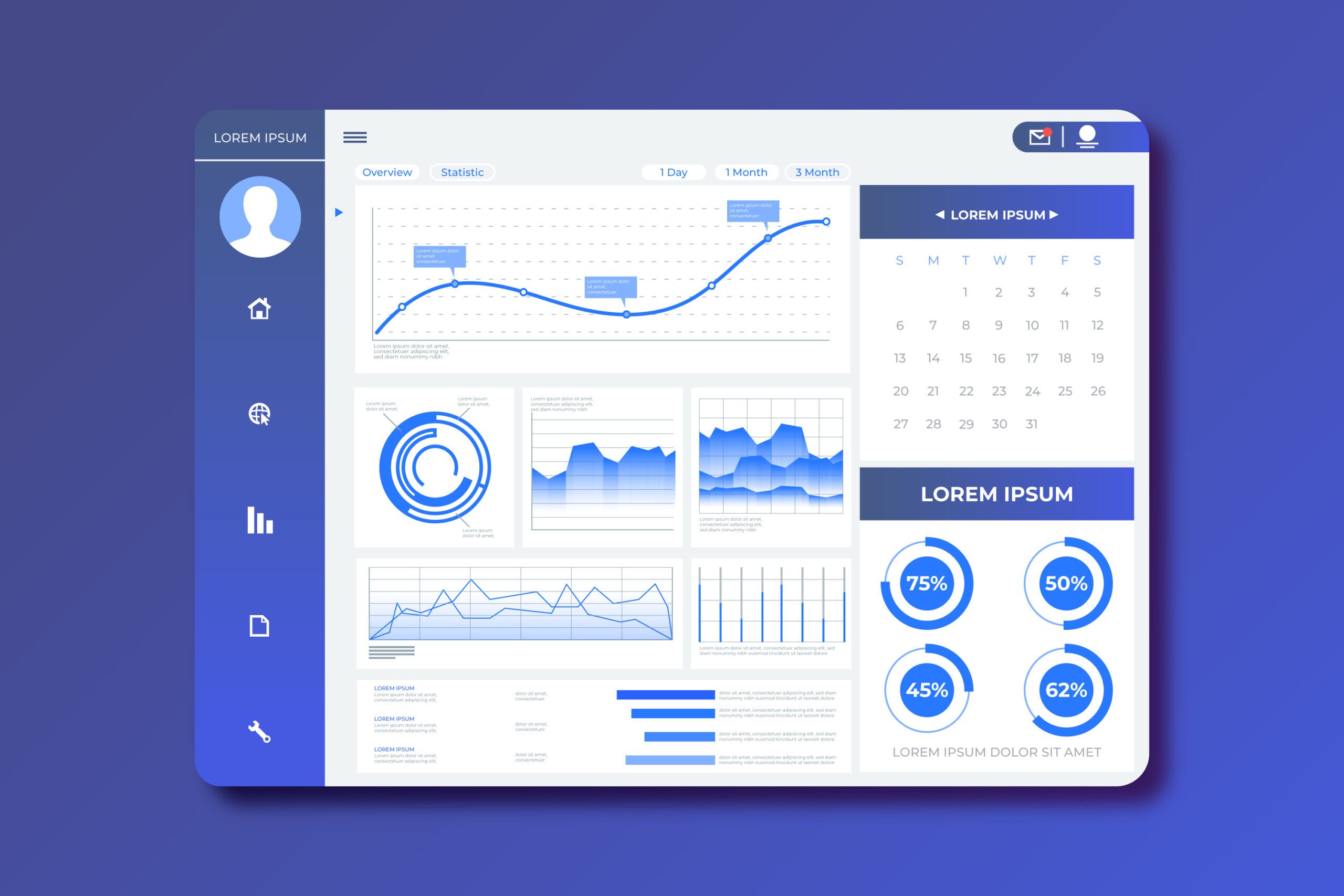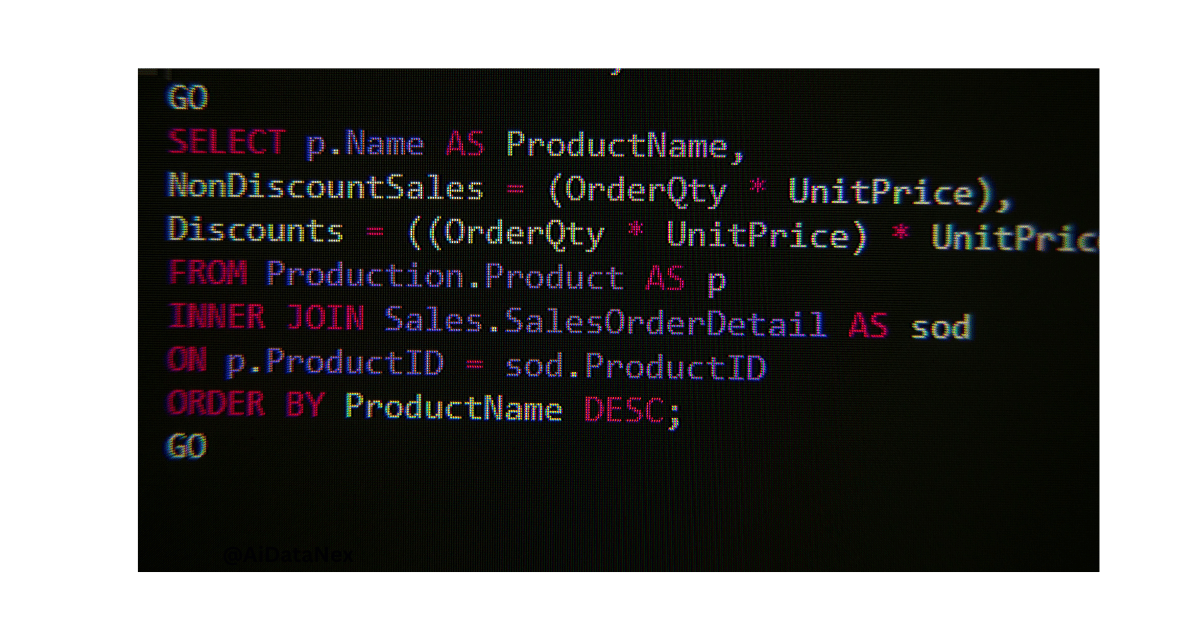Partner with a top data science headhunter to land your ideal role in the booming tech industry. Elevate your career journey today!
In today’s fast-paced tech world, finding a data science job can be tough. There’s a big need for skilled data pros, making it a tough job market. But, working with a data science headhunter can really help you stand out. This guide will give you tips on finding headhunters, improving your job search, and getting your dream data science job.

Key Takeaways
- Understanding the current demands of the data science job market is essential.
- Headhunters play a crucial role in connecting candidates with potential employers.
- A well-crafted resume is key for standing out in a competitive job search.
- Essential technical and soft skills can enhance job prospects in data science careers.
- Preparing for interviews helps candidates effectively showcase their projects.
Understanding the Data Science Job Market
The data science job market is changing fast, shaped by new trends and demands. Companies in many fields use data to make decisions. This means there’s a big need for people who can work with complex data and find useful insights. Knowing these changes can help job seekers find the best data science jobs.
Current Trends and Demands
Now, we’re seeing a big move towards automation and machine learning. Companies want to use advanced analytics more, so they need people with the right skills.
- Increased focus on predictive analytics and data visualization solutions.
- Growth in the utilization of Artificial Intelligence and machine learning algorithms.
- Emphasis on cross-disciplinary skills that combine coding, statistics, and domain knowledge.
Types of Data Science Roles Available
Data science is growing, bringing new job roles. Each role plays a special part in the world of data.
| Role | Description | Skills Required |
|---|---|---|
| Data Scientist | Uses statistical analysis and machine learning to understand complex data. | Statistical analysis, machine learning, programming (Python, R). |
| Data Analyst | Works with data to give insights that help make business decisions. | Data visualization, SQL, Excel, statistical analysis. |
| Data Engineer | Creates and keeps up the systems for data creation and analysis. | Programming (Java, Python), database management, ETL processes. |
| Machine Learning Engineer | Builds algorithms that let systems learn and get better from data. | Machine learning frameworks, programming, data modeling. |
The Role of a Headhunter in Your Job Search
Headhunters are key in helping data science professionals find jobs. They connect job seekers with companies looking for talent. They use their deep knowledge and wide networks to do this. Knowing how headhunters work can help candidates make the most of their job search.
How Headhunters Operate
Headhunters use different methods to find the right candidates for jobs. They work with recruitment agencies to learn what companies need. This includes understanding the company culture and what skills are needed for each job. They match candidates with jobs by looking at their skills and goals.
Benefits of Using a Headhunter
Using headhunters has many benefits for job seekers. Key advantages include:
- Personalized job matches: Headhunters focus their search on each candidate, which often leads to better job matches.
- Insider knowledge: They share insights about the company and what employers expect, helping with interview prep.
- Faster placements: Their connections with hiring managers can make the job search faster, helping candidates find jobs quicker.
Working with headhunters can greatly improve your chances of finding the right job in data science. Their knowledge helps candidates refine their job search and deal with the recruitment process.
Navigating the Application Process
When applying for a data science job, it’s important to make your application stand out. This means focusing on your resume and cover letter. These documents are key to grabbing the attention of employers and showing off your skills.
Crafting an Impressive Resume
A good data science resume should focus on your skills, projects, and experiences. Make sure to include these sections:
- Contact Information: Start with your current contact details.
- Objective Statement: Write a brief summary of your career goals and what you aim to achieve.
- Skills Section: List the technical skills you have, like programming languages and data analysis tools.
- Experience: Describe your past roles, focusing on how you used data to drive results.
- Projects Portfolio: Show off projects that apply your skills and knowledge in real-world scenarios.
Customize your resume for each job you apply to. This means matching your resume with the job description and using the same keywords. It shows you’re a good fit for the role.
Writing a Standout Cover Letter
A great cover letter does more than just repeat your resume. It lets you show off your personality and how you match with the company’s goals. Here are some tips for writing a strong cover letter:
- Personal Branding: Explain what makes you unique and how your skills and values align with the company.
- Narrative Style: Use stories to highlight your achievements in data science.
- Connection to the Company: Do your homework on the company and mention projects or values that you admire.
- Call to Action: Finish with a strong statement that encourages the employer to talk to you about how you can help the team.
By using these tips for your resume and cover letter, you can boost your chances of getting an interview in data science.
Skills and Qualifications for Data Science Jobs
Getting into data science needs a mix of data science skills and the right technical qualifications. Knowing what you need can really help you in your career.
Key Technical Skills Required
Data science experts need strong technical skills to handle complex data. Key skills are:
- Being good with programming languages like Python and R is crucial for working with data.
- Knowing machine learning algorithms is important for making predictive models.
- Understanding statistics helps in making sense of data.
- Being skilled in data visualization helps in sharing results clearly.
Soft Skills That Make a Difference
Along with technical skills, soft skills are key in data science. They help with working together and getting better results. Important soft skills are:
- Good communication skills are needed to share data insights with others.
- Being able to solve problems is key for data scientists.
- Working well in teams is important for success.

Interview Preparation for Data Science Positions
Getting ready for data science interviews can really boost a candidate’s chances of doing well. Knowing common interview questions and how to present projects well is key. Candidates should be ready for both technical and analytical questions based on real situations.
Common Interview Questions
Data science interviews cover a variety of topics, focusing on technical knowledge and solving problems. Some common questions are:
- Explain the difference between supervised and unsupervised learning.
- What techniques do you use for handling missing data?
- Describe a project where you implemented machine learning algorithms.
- How do you validate your models?
- Can you explain the importance of feature engineering?
Expect scenario-based questions that test your analytical skills and how you solve real-life data problems. To prepare, review key concepts and how data science techniques work in practice.
How to Showcase Your Projects
A strong project presentation in data science interviews can really stand out. Here are some tips:
- Clearly articulate the problem: Explain the challenge you faced in your project.
- Detail the methodologies: Talk about the tools and algorithms you used to solve it.
- Highlight outcomes and impact: Share the results, metrics, and how your work helped the organization or client.
- Reflect on lessons learned: Discuss what you learned during the project that could help in the future.
Showing your projects in a creative way not only shows your technical skills but also your ability to communicate in data science interviews. Telling stories about your projects shows you’re a good fit for the job.
Networking Strategies for Data Science Professionals
In the world of data science, networking is key to moving up in your career. It helps you find new job chances and work with others. Using sites like LinkedIn can make you more visible and help you connect with others.
Utilizing LinkedIn Effectively
LinkedIn is a great way to network in data science. You should use LinkedIn strategies to meet people in your field and companies. Here are some important steps:
- Make a strong profile that shows off your skills and past work.
- Join data science groups to talk and share ideas.
- Interact with posts by liking, commenting, and sharing them.
- Ask professionals for informational interviews to learn about their jobs.
Building a Professional Network
But it’s not just online. Going to events like conferences, meetups, and workshops can really grow your professional networking. These events help you make deeper connections. Here’s how to build a big network:
- Be active in local data science meetups to meet others who share your interests.
- Help out in panel discussions or workshops to show you’re an expert.
- Keep in touch with new contacts after events.
- Look for mentorship chances for support and guidance.
Finding the Right Data Science Headhunter
Choosing a headhunter can greatly change a candidate’s job search in data science. The right headhunter connects you to the right jobs and makes searching for a job better. It’s important to know what makes a good headhunter and what questions to ask when picking one.
What to Look for in a Headhunter
When looking at headhunters, focus on these key traits:
- Industry Expertise: A headhunter with a background in data science knows the field well.
- Track Record: A history of successful placements shows they’re good at their job.
- Communication Style: Good communication is key for a successful job search.
Questions to Ask Potential Headhunters
When talking to headhunters, ask these questions to see if they’re a good fit:
- What’s your process for matching candidates with jobs?
- Can you give examples of your success in placing people in data science jobs?
- How do you keep in touch with both candidates and employers?
- What metrics do you use to measure your success in finding jobs?
By focusing on these points, candidates can find a headhunter who matches their career goals in data science.
Salary Expectations in the Data Science Field
Knowing what you might earn is key if you’re thinking about a career in data science. Many things affect data science salaries, like your experience, education, and where you live. Understanding these can help you negotiate better, leading to better job offers.
Understanding Compensation Packages
Data science jobs often come with more than just a basic salary. Here’s what you might find in a compensation package:
- Base Salary: The fixed annual amount paid for the job.
- Bonuses: Rewards based on how well you do that can boost your earnings a lot.
- Stock Options: A chance to buy company shares, often part of the bonus.
- Benefits: Health insurance, retirement plans, and other benefits that increase your overall pay.
These elements combine to create a total compensation package that can vary a lot. By looking at industry standards, you can get a better idea of what to expect in your role and location.
Negotiation Tips for Job Offers
Being good at negotiating salaries is crucial when you’re looking for a job. Here are some tips to keep in mind:
- Research: Look up market trends and typical salaries for data science jobs. Use reports and salary databases.
- Know Your Worth: Figure out how your skills and experience make you valuable to employers.
- Be Ready to Discuss: Be prepared to explain why you think you should earn what you’re asking for.
- Consider All Offer Elements: Think about the whole package, not just the base salary, when making your decision.

Enhancing Your Online Presence
For data science pros, having a strong online presence is key to moving up in your career. A good online portfolio acts like a visual resume. It shows off your projects, skills, and achievements in a way that grabs the attention of potential employers. It’s a chance to show off your skills and creativity in solving data challenges.
The Importance of Online Portfolio
An online portfolio is more than just a bunch of projects. It’s a full picture of what you can do. By showing off different works, like data visualizations and predictive models, you make your skills real. This helps you stand out when applying for jobs and during interviews.
Utilizing GitHub and Personal Blogs
Platforms like GitHub are great for data scientists who want to share code and work on projects together. A good GitHub profile shows off your coding skills and your dedication to learning by contributing to open-source projects. At the same time, having a personal blog lets you share your insights, trends, and new ideas in data science. This can help you connect with others in the field and strengthen your knowledge in important areas.
Conclusion
Looking for a job in data science can be tough, but there are ways to make it easier. This article has given you key tips to improve your job search. It shows how headhunters can open doors to special job chances and give you insights that help you get the job you want.
By using the advice given, like making a strong resume and networking on LinkedIn, you can stand out. These steps will help you take charge of your career path. They lead to more satisfaction and success in data science jobs.
Remember, a full approach is key as you move forward. Working with headhunters or improving your brand can bring you closer to your goals in the exciting world of data science.
FAQ
What types of data science jobs are currently in demand?
Data science jobs are in high demand, especially for roles like data analysts, engineers, and scientists. Companies need experts to use data for better decisions.
How can a headhunter assist in my job search?
Headhunters connect job seekers with employers in data science. They offer insights into the job market and match candidates with jobs that fit their skills and preferences.
What are some effective strategies for networking in data science?
Good networking includes using LinkedIn to meet professionals, joining groups, and talking in discussions. Going to conferences and meetups also helps make connections.
What key qualifications and skills should I possess for a data science career?
For data science, you need skills in programming languages like Python and R, plus knowledge of machine learning and data visualization. Being good at communicating, solving problems, and working with a team is also key.
How should I prepare for data science interviews?
Get ready for interviews by practicing answers to common questions and solving scenario problems. Show off your past projects and explain how they made an impact.
What should I include in my data science resume?
Make your resume stand out by focusing on skills, projects, and experiences in data science. Use numbers to show your achievements and highlight tools and technologies you know well.
What are common components of compensation packages in data science?
Data science jobs often include a base salary, bonuses, stock options, and benefits. Your pay can vary based on where you work, your education, and your experience.
What should I look for when choosing a headhunter?
Look for a headhunter with knowledge of your industry, good communication, and a history of successful matches. Make sure they explain their process and how they work with clients to find the right fit.
To know more about data science you can take a look to this article







